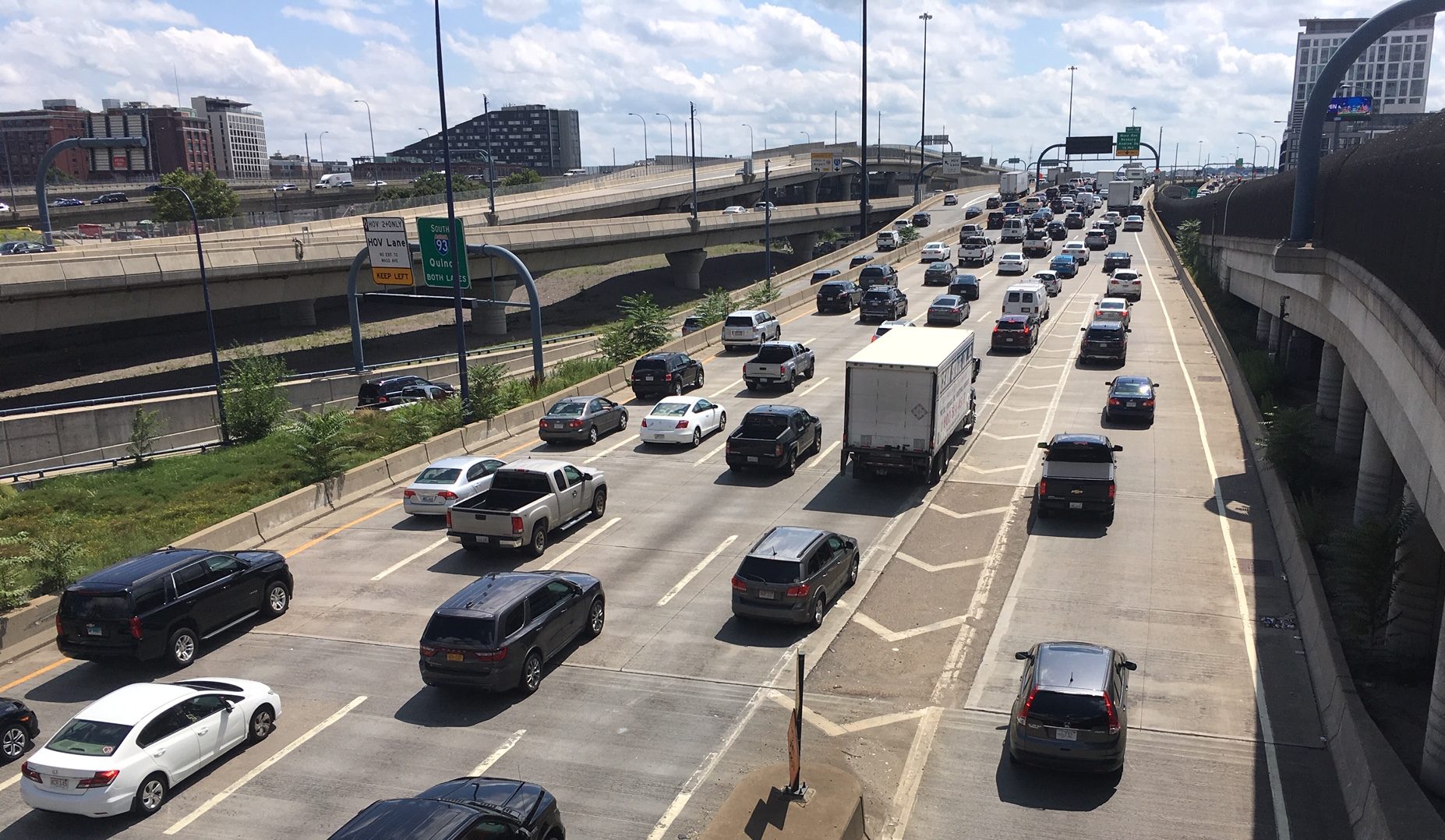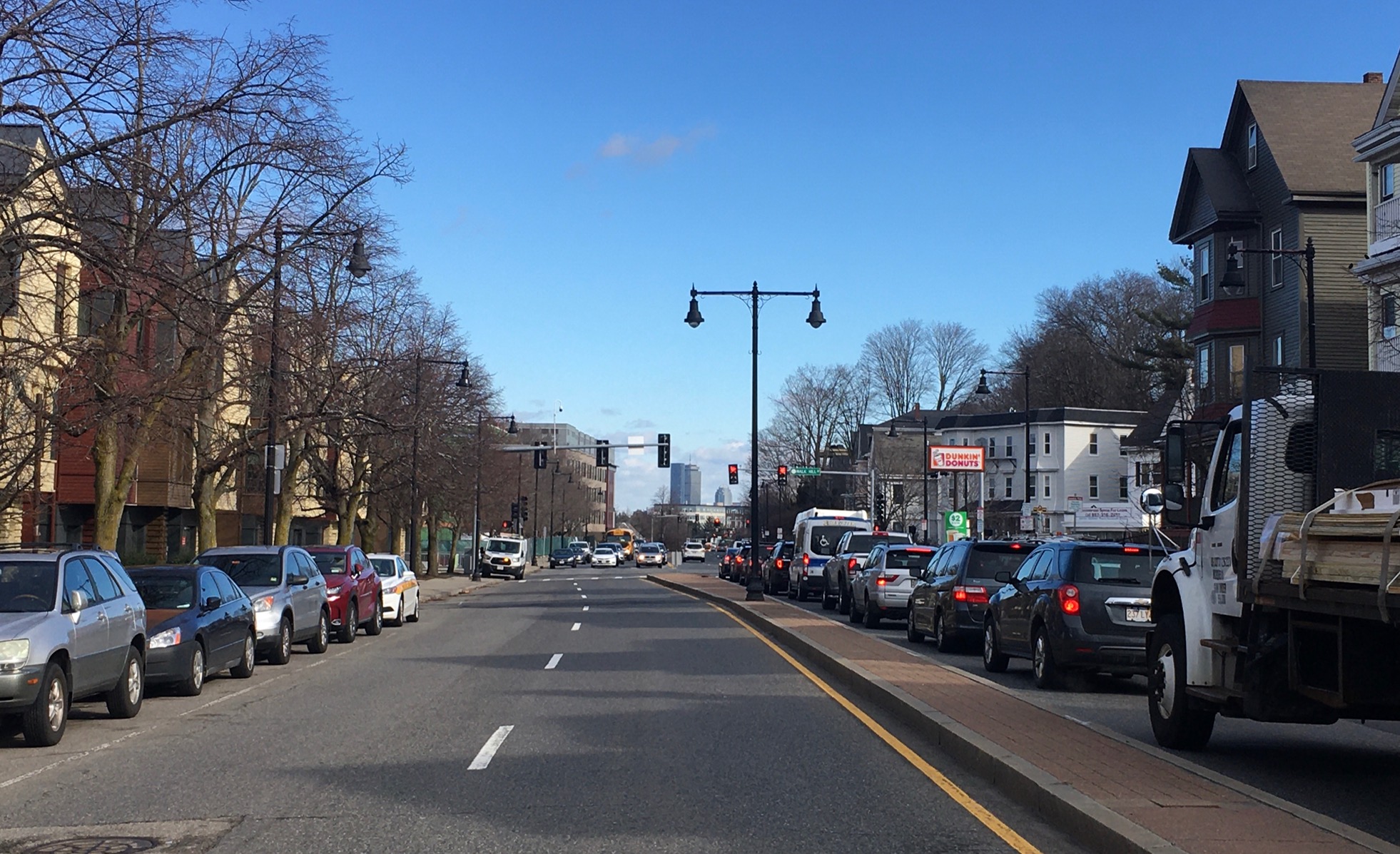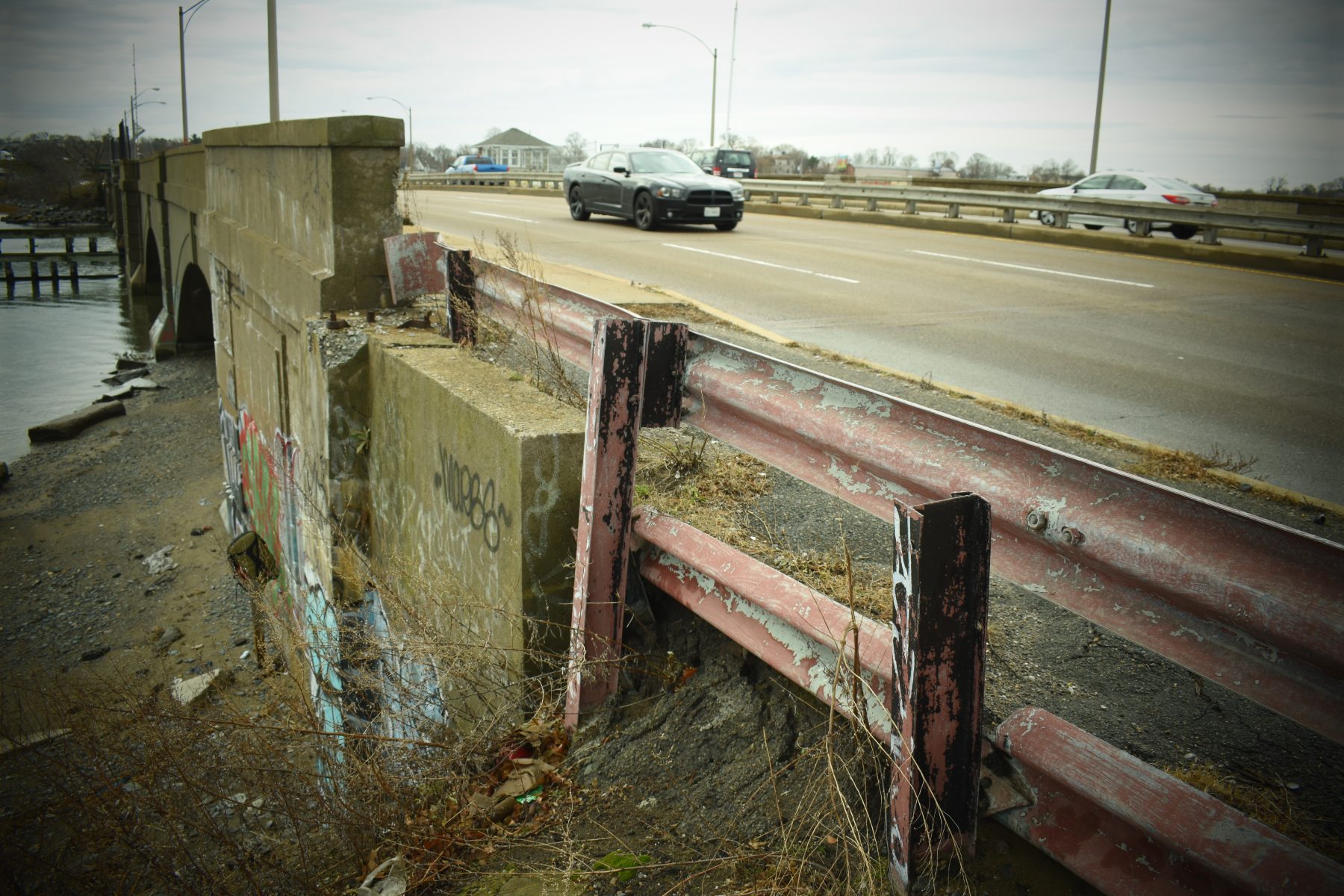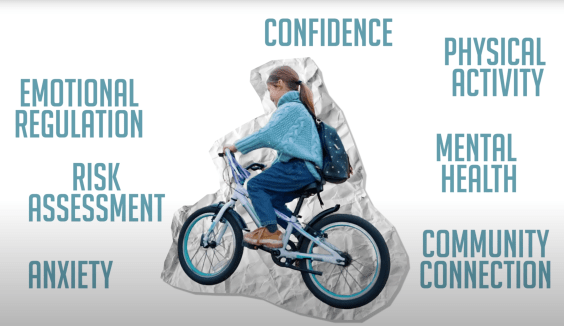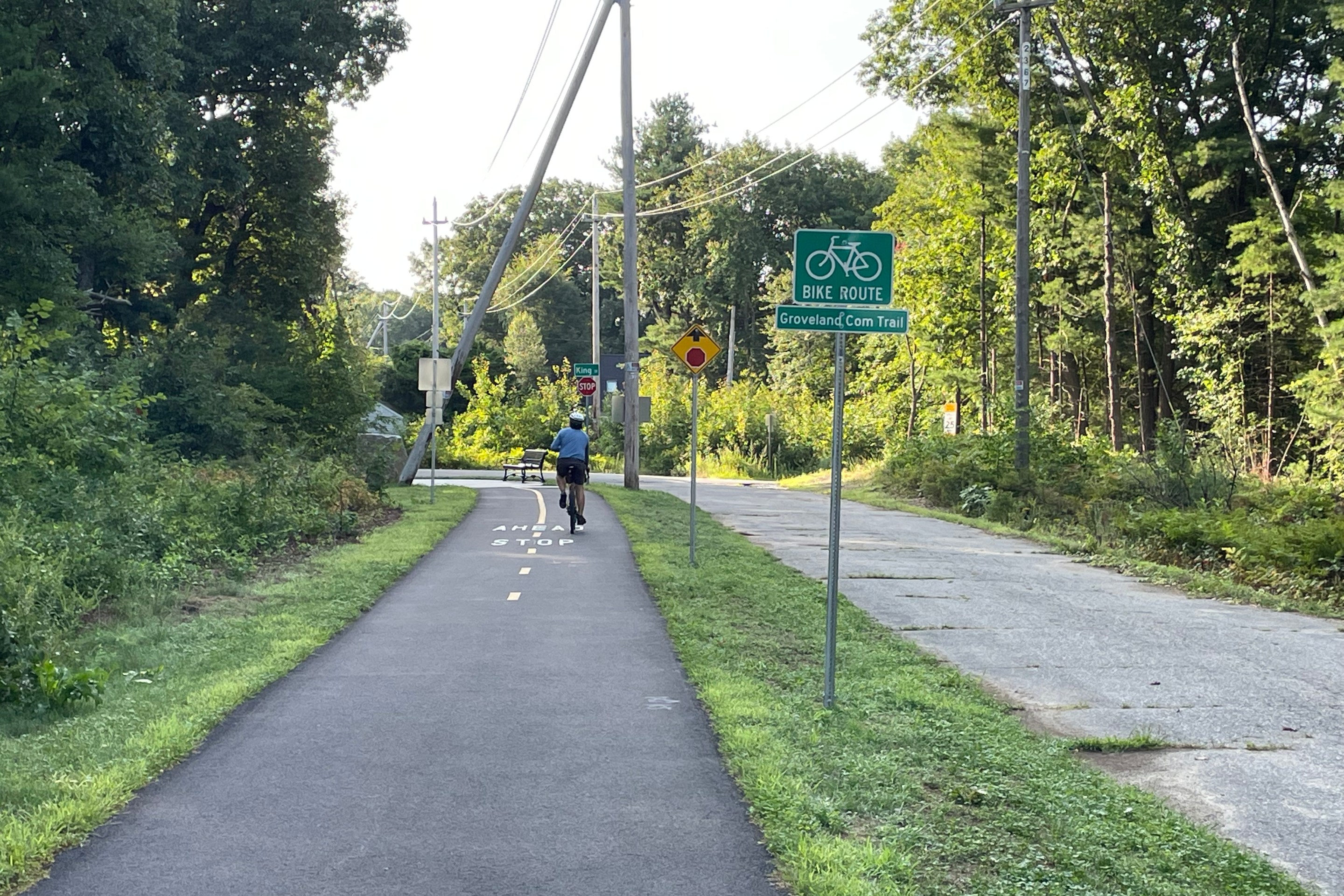An overdue MassDOT study of statewide traffic congestion confirms what many already knew: that crowded roads, buses and trains are pushing the Boston region's transportation system to a "tipping point" where travel times are highly unreliable.
The study endorses ideas that are already slowly moving toward implementation: more bus-only lanes, better commuter rail service and increased capacity on the T, plus a few relatively new initiatives supported by the governor, like a tax credit for companies who let their employees work from home, streamlined permitting for affordable housing near transit, and updated fees on Lyft and Uber rides, a significant source of traffic in Boston in particular.
But transportation advocates say that those recommendations are unlikely to make much of a difference, especially since the study balks at one of the most promising ideas to manage regional congestion: charging motorists variable tolls for the privilege of using scarce road space at peak hours, an idea known as congestion pricing.
“It is disappointing that it took a year to write a 150-page report that largely recycles commitments and ideas that we already know about, and in the same period we had 6 major train derailments," said Stacy Thompson, executive director of the LivableStreets Alliance (Thompson also serves on the board of directors of StreetsblogMASS).
“This Governor is more interested in slow-walking policies than taking strong immediate action," said Thompson. "If it had illuminated something about our congestion that we didn’t already know, or meaningfully endorsed congestion pricing, or announced a congestion pricing pilot, that would have been exciting, but instead we distracted staff for a year to report on issues and ideas that we already know about."
One of the chief advocates of congestion pricing for the Boston region has been the Transportation for Massachusetts coalition, which had strongly supported a 2018 legislative effort to introduce a "smarter tolling" pilot project to test the impact of variably-priced tolls on traffic congestion.
When Governor Baker vetoed the "smarter tolling" bill last summer, he promised in a letter dated August 3, 2018 that his administration would “complete, within nine months, a comprehensive analysis of when, where and why congestion is getting worse in the Commonwealth, and what additional policies and programs should be put in place to address it.”
Today's report (three months overdue) is the outcome of that analysis. It acknowledges that congestion pricing can be "effective" and that it has been implemented in dozens of cities across the United States already. But it dismisses the ideas of charging variable prices on existing toll roads, or adding new tolls on roads that are currently "free" to drive on.
Chris Dempsey, the director of the Transportation for Massachusetts coalition, says that the analysis has some good ideas about improving transit and land use in the region. "But when it comes to road pricing," he says, "this report falls short. The Governor must more aggressively confront congestion by piloting and testing smarter tolling approaches that have worked in other regions and can work here. In the absence of implementing this essential tool, it will be challenging for the Commonwealth to adequately tackle this growing crisis."
The analysis does offer timid support for the idea of widening existing highways to add new tolled lanes, which would be open to buses and carpools as well. But widening highways in crowded urban neighborhoods will be technically challenging, and likely to face numerous legal challenges from environmental groups.
"It’s hard to take seriously any proposal that recommends adding highway capacity in 2019," said MassPIRG staff attorney Matt Casale in a statement. "We have known for decades that building new highway lanes, even if they are tolled, doesn’t fix congestion -- it encourages more driving, which increases air pollution and greenhouse gas emissions."
But even the idea of adding managed lanes doesn't earn a full endorsement in the state's new report; rather, MassDOT recommends yet another study.
